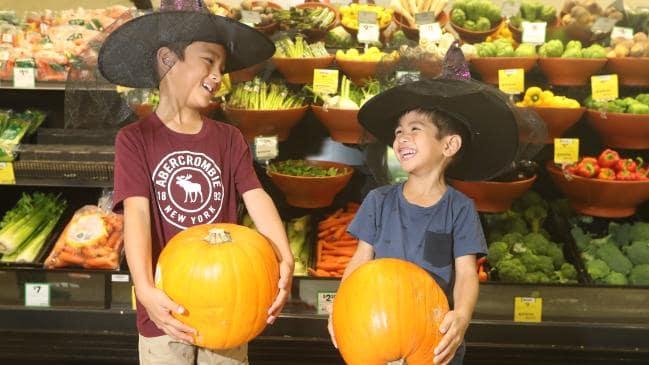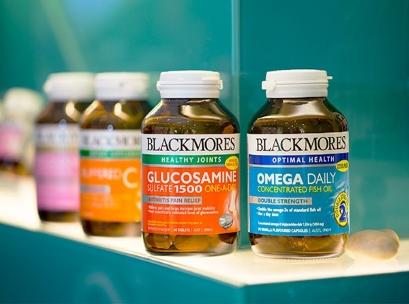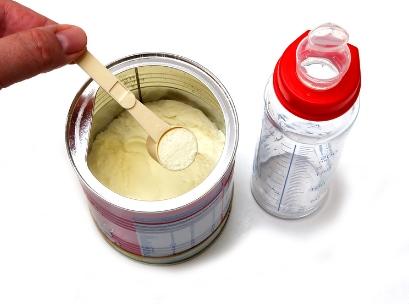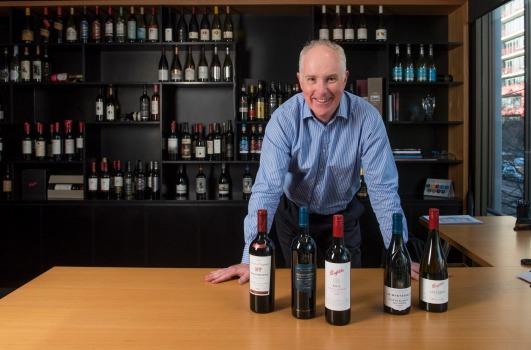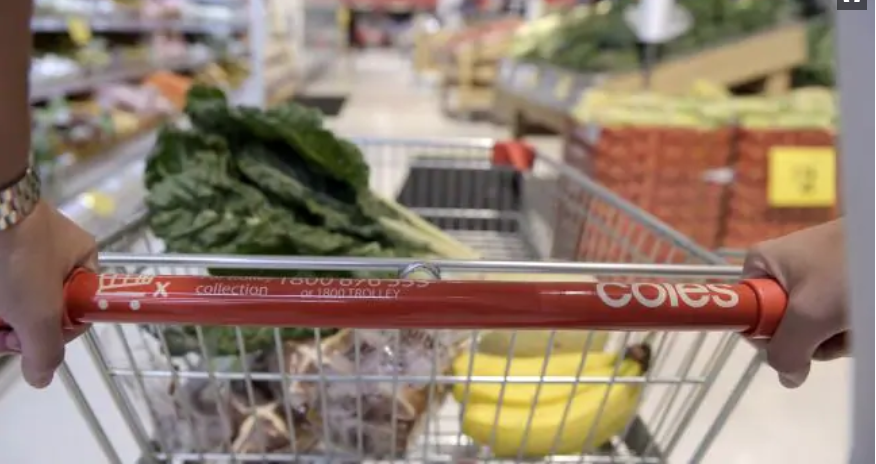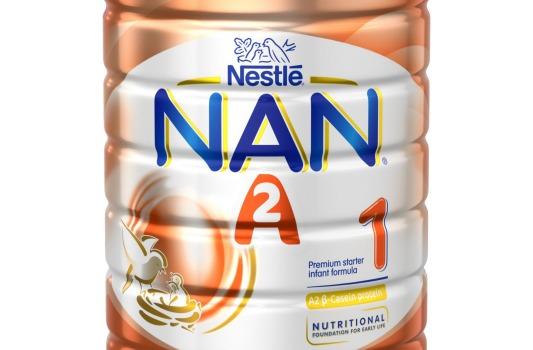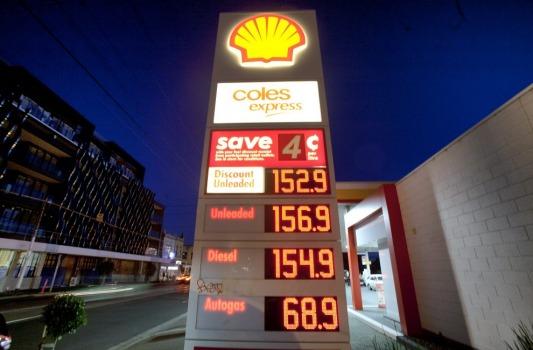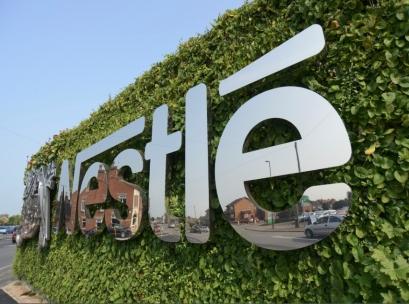
Global confectionery business Nestlé has launched the first three products by the new China incubator team and company’s own Totole brand during Nestlé China Innovation Day.
Xingshan is a new brand of ready-to-drink herbal drinks and soups that are made with traditional Chinese ingredients including rose, pomegranate, tremella and mushroom.
Nestlé Incubator also launched Muscle Hunt, a ready-to-drink high protein water for post-workout recovery, as well as Green Bite, a collection of customisable healthy snacks.
The FMCG giant is now leveraging new innovation platforms and internal incubators for faster product development, adapting to the rapidly evolving consumer tastes. Xingshan was launched in eight months and it will first be sold on e-commerce platforms. Nestlé R&D in China researched benefits of Chinese medicine and cuisine for several years and selected traditional ingredients carefully to maximise nutritional value.
“In response to the rapid changes in China’s Food and Beverage industry, Nestlé has accelerated the improvement and testing of its innovation business model over the past two years to create a multidimensional, sustainable innovation strategy,” said Rashid Aleem Qureshi, chairman and CEO of Nestlé Greater China.
“For over 150 years, Nestlé has been dedicated to the same mission: enhancing quality of life and contributing to a healthier future. Our innovation team, with over 100 ongoing projects, will bring consumers more choices through a variety of healthy products over the next two years,” he added.
Nestlé Incubator plans to fill the market gaps in China and pursue the Healthy China 2030 initiative. There’s a growing demand for healthy, natural and customised Asian products.
“Nestlé’s multidimensional innovation strategy is supported by three key levers: Besides developing the company’s basic operations through accelerated innovation and improvement, we are enhancing the consumer experience through various approaches including consumption patterns and consumption venues, addressing new market needs through Nestlé’s Incubator program,” explained Nini Chiang, CMO of Nestlé Greater China.
In early 2018, Nestlé launched its Incubator Team to expand its business and respond quickly to China’s market needs. The country is the second market to have an Incubator Team, after the US.


